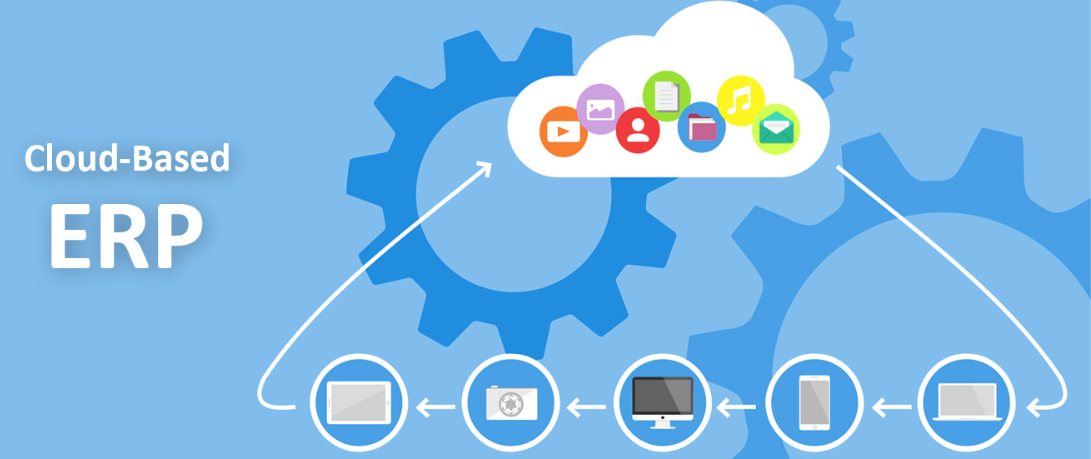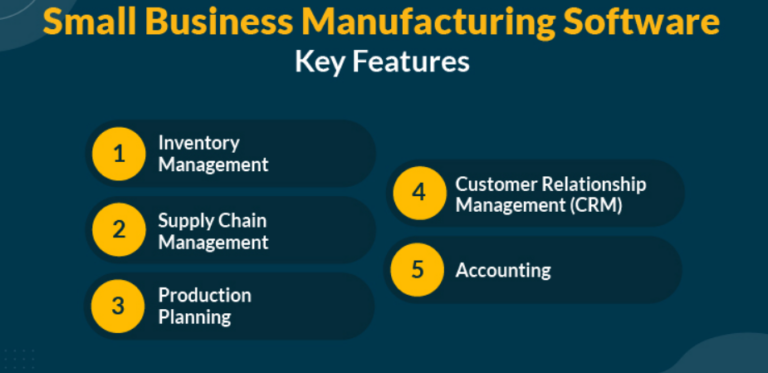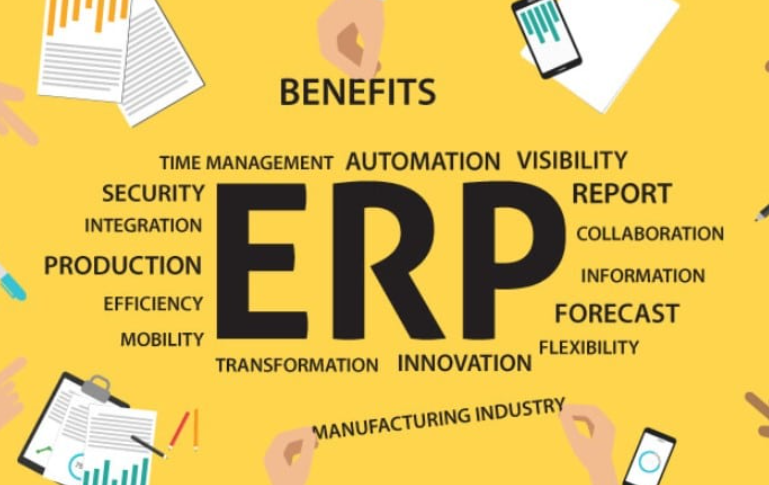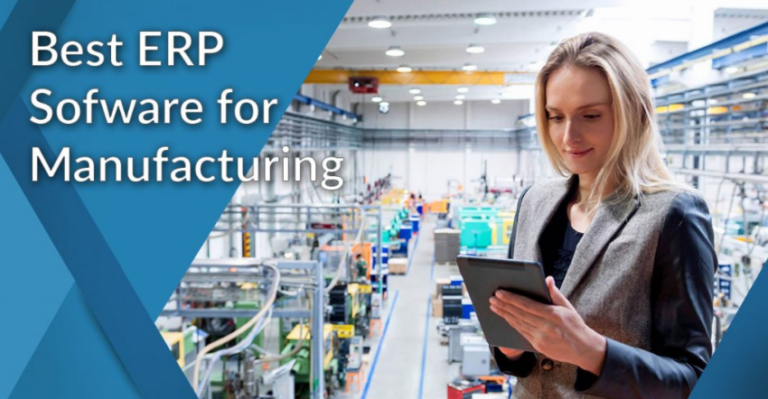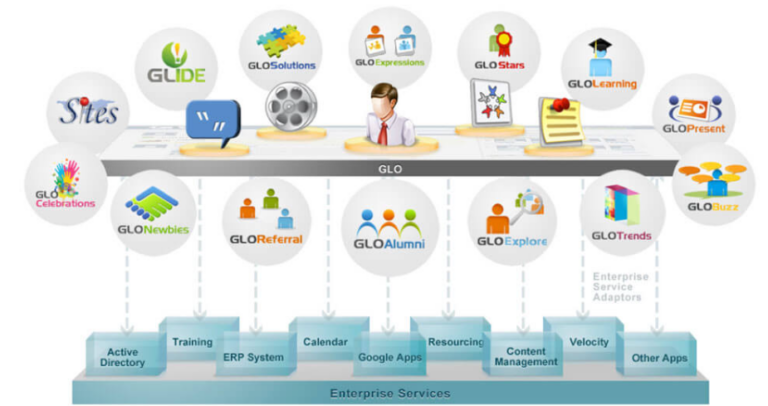Cloud-based ERP (Enterprise Resource Planning) software integrates business processes and data across various functions into a unified system hosted on the cloud. Unlike traditional ERP systems that require on-premise hardware and infrastructure, cloud-based ERP solutions are hosted on remote servers and accessed via the internet. This model offers flexibility, scalability, and cost-efficiency.
Cloud-based ERP software enables businesses to streamline operations, improve data accuracy, and enhance decision-making. It supports various functionalities including finance, human resources, supply chain management, and customer relationship management. With real-time data access and updates, cloud ERP solutions can significantly enhance business agility and responsiveness.
Benefits of Cloud-Based ERP Software
Insert image of the product
One of the primary benefits of cloud-based ERP software is cost savings. By eliminating the need for on-premise hardware and reducing IT maintenance costs, businesses can lower their overall IT expenses. Additionally, cloud ERP solutions typically offer subscription-based pricing models, which provide predictable costs and scalability.
Another significant advantage is the accessibility and flexibility provided by cloud ERP systems. Users can access the system from anywhere with an internet connection, enabling remote work and collaboration. This flexibility is particularly valuable for businesses with multiple locations or a distributed workforce.
Security is also a key benefit of cloud-based ERP software. Reputable cloud ERP providers invest heavily in security measures to protect data, including encryption, multi-factor authentication, and regular security audits. This ensures that sensitive business information remains secure and compliant with regulatory standards.
Top Cloud-Based ERP Software Solutions
Insert image of the product
- NetSuite ERP
NetSuite ERP is a leading cloud-based ERP solution designed for businesses of all sizes. It offers a comprehensive suite of features including financial management, CRM, eCommerce, and supply chain management. NetSuite is known for its scalability, allowing businesses to grow and adapt their ERP system as needed.
- Use Case: Ideal for growing businesses that need a scalable solution to manage complex operations.
- Pros: Comprehensive feature set, strong scalability, and robust reporting capabilities.
- Cons: Higher price point compared to some other solutions.
- Price: Pricing varies based on business size and requirements; contact NetSuite for a customized quote.
- Features: Real-time analytics, customizable dashboards, and integrated financial management.
- SAP Business ByDesign
SAP Business ByDesign is a cloud-based ERP solution designed for mid-sized businesses. It provides a wide range of functionalities including financials, project management, and procurement. SAP Business ByDesign is known for its integration capabilities and global reach.
- Use Case: Suitable for mid-sized businesses seeking an integrated ERP solution with global capabilities.
- Pros: Strong integration with other SAP products, comprehensive functionality.
- Cons: May have a steeper learning curve.
- Price: Pricing is customized based on the specific needs of the business; contact SAP for details.
- Features: Integrated financials, project management tools, and global business support.
- Odoo
Odoo is an open-source cloud-based ERP solution known for its flexibility and modularity. It offers a wide range of applications including CRM, eCommerce, and inventory management. Odoo is highly customizable, making it suitable for businesses with unique requirements.
- Use Case: Ideal for businesses that need a highly customizable and cost-effective ERP solution.
- Pros: Modular design, flexible customization, and affordable pricing.
- Cons: May require technical expertise for customization.
- Price: Offers a free community version; pricing for enterprise features is available upon request.
- Features: Modular applications, customizable workflows, and integration capabilities.
- Microsoft Dynamics 365
Microsoft Dynamics 365 is a cloud-based ERP and CRM solution that provides a unified platform for managing business processes. It includes modules for finance, sales, and customer service. Dynamics 365 is known for its integration with other Microsoft products and its AI-driven insights.
- Use Case: Best for businesses that want an integrated ERP and CRM solution with strong analytics.
- Pros: Seamless integration with Microsoft products, advanced analytics, and AI capabilities.
- Cons: Can be expensive for small businesses.
- Price: Pricing varies based on the modules selected; contact Microsoft for a personalized quote.
- Features: Integrated ERP and CRM, advanced analytics, and AI-driven insights.
Discover Microsoft Dynamics 365
- QuickBooks Online
QuickBooks Online is a popular cloud-based ERP solution focused on small to medium-sized businesses. It offers features for accounting, invoicing, and financial reporting. QuickBooks Online is known for its user-friendly interface and ease of use.
- Use Case: Ideal for small to medium-sized businesses needing a straightforward ERP solution for accounting and finance.
- Pros: User-friendly interface, strong accounting features, and affordable pricing.
- Cons: Limited functionality compared to more comprehensive ERP systems.
- Price: Starts at $25 per month; pricing increases with additional features and users.
- Features: Accounting, invoicing, and financial reporting.
Find out more about QuickBooks Online
How to Buy Cloud-Based ERP Software
When considering the purchase of cloud-based ERP software, it’s important to evaluate your business needs and budget. Most ERP vendors offer free trials or demos, allowing you to test the software before making a commitment. For purchasing, you can contact the ERP provider directly through their website or authorized resellers.
Additionally, consider the total cost of ownership, which includes subscription fees, implementation costs, and any additional expenses for customization or training. Ensure you understand the pricing model and any additional costs that may arise.
For buying links, check the respective product pages for more detailed purchasing information.
Choosing the Right Cloud-Based ERP Software for Your Business
When selecting a cloud-based ERP system, it’s crucial to consider several factors to ensure it meets your business’s specific needs. Here’s a detailed guide to help you make an informed decision:
Key Considerations for Selecting Cloud-Based ERP Software
1. Business Needs and Requirements
Before choosing an ERP system, assess your business’s specific needs and objectives. Identify the core functionalities you require, such as financial management, supply chain operations, or customer relationship management. Understanding these needs will help you select a system that aligns with your operational requirements.
2. Scalability and Flexibility
Scalability is a significant advantage of cloud-based ERP systems. Ensure the ERP solution you choose can grow with your business. Look for systems that offer modular features or add-ons, allowing you to expand functionalities as needed. Flexibility in deployment and customization options can also be beneficial, as it allows you to tailor the system to your unique business processes.
3. Integration Capabilities
Your ERP system should integrate seamlessly with other tools and software you use. Check if the system supports integration with applications like CRM, eCommerce platforms, or marketing tools. Effective integration ensures that data flows smoothly between different systems, reducing manual data entry and improving overall efficiency.
4. User Experience and Training
A user-friendly interface is essential for ensuring that employees can quickly adapt to the new system. Look for ERP solutions that offer intuitive navigation and comprehensive user support. Additionally, consider the availability of training resources and customer support to assist with onboarding and ongoing use.
5. Cost and Pricing Structure
Understand the pricing model of the ERP system you are considering. Many cloud-based ERP solutions offer subscription-based pricing, which can be more cost-effective than one-time licensing fees. Be aware of any additional costs for customization, training, or support services. Evaluate the total cost of ownership to make sure it fits within your budget.
6. Security and Compliance
Security is a critical factor when choosing cloud-based ERP software. Ensure the provider has robust security measures in place, such as data encryption, multi-factor authentication, and regular security updates. Additionally, check if the system complies with relevant industry standards and regulations, especially if your business handles sensitive or regulated data.
Real-World Examples of Cloud-Based ERP in Action
**1. NetSuite ERP
NetSuite ERP is utilized by companies across various industries to manage their operations efficiently. For instance, XYZ Manufacturing Inc. leverages NetSuite to streamline its production processes and gain real-time insights into inventory levels. The integration with financial management and CRM modules has helped XYZ Manufacturing improve operational efficiency and customer satisfaction.
SAP Business ByDesign is employed by businesses like ABC Logistics to manage global operations. ABC Logistics uses SAP Business ByDesign to handle complex supply chain management and financial operations across multiple regions. The solution’s ability to integrate with other SAP products has enhanced its global business capabilities and streamlined its processes.
**3. Odoo
Odoo’s modular approach makes it a popular choice for diverse businesses. DEF Retailers uses Odoo to manage its inventory, sales, and customer relationships. The flexibility of Odoo’s modules allows DEF Retailers to customize the ERP system to fit its specific needs, providing a tailored solution that supports its retail operations effectively.
Microsoft Dynamics 365 is used by organizations like GHI Services to unify their ERP and CRM functions. GHI Services has benefited from Dynamics 365’s advanced analytics and AI capabilities, which have enabled it to gain actionable insights and improve decision-making processes. The integration with Microsoft Office products has further streamlined its operations.
**5. QuickBooks Online
QuickBooks Online is favored by small businesses like JKL Consultants for its simplicity and affordability. JKL Consultants uses QuickBooks Online for managing its accounting and invoicing needs. The ease of use and cost-effectiveness of QuickBooks Online make it an attractive option for small businesses seeking a straightforward ERP solution.
How to Purchase Cloud-Based ERP Software
To purchase a cloud-based ERP system, follow these steps:
- Research and Compare Options: Start by researching various ERP solutions and comparing their features, pricing, and user reviews. Consider reaching out to vendors for product demos or trials to evaluate their suitability for your business.
- Request a Quote: Contact the ERP providers to request a detailed quote based on your business requirements. Many vendors offer customized pricing based on the size of your business and the features you need.
- Evaluate Implementation Support: Ensure that the ERP provider offers comprehensive implementation support, including training and assistance with system setup. This will help ensure a smooth transition to the new ERP system.
- Finalize the Purchase: Once you have selected the ERP system that best meets your needs, finalize the purchase by signing a contract and completing any necessary paperwork. Ensure you understand the terms of the agreement, including pricing, support, and maintenance services.
- Start Implementation: Work with the ERP provider to begin the implementation process. This may involve configuring the system, migrating data, and training your team on how to use the new software.
Conclusion
Cloud-based ERP software offers a range of benefits, including cost savings, scalability, flexibility, and enhanced security. By evaluating your business needs, comparing available solutions, and understanding the total cost of ownership, you can select the right ERP system for your organization. The examples provided illustrate how various businesses have successfully implemented cloud-based ERP solutions to streamline their operations and improve efficiency.
FAQs
1. What are the main advantages of using cloud-based ERP software?
Cloud-based ERP software provides benefits such as reduced IT costs, flexibility, remote access, and enhanced security. It allows businesses to scale their systems easily and ensures that data is accessible from anywhere, improving overall operational efficiency.
2. How do I know if a cloud-based ERP system is right for my business?
Assess your business needs, including required functionalities and budget constraints. Consider factors such as scalability, integration capabilities, user experience, and security. Testing the software through demos or trials can also help determine if it meets your requirements.
3. What should I look for in a cloud-based ERP vendor?
When selecting a cloud-based ERP vendor, consider their track record, customer support, security measures, and pricing structure. Look for a provider that offers comprehensive implementation support and training to ensure a smooth transition to the new system.
